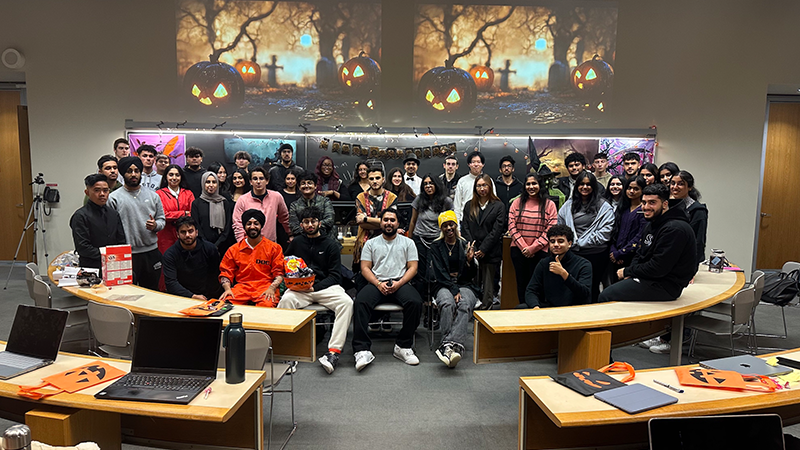by Osman Ansari, MBA Candidate, Executive Ambassador
former Flying Start Case Competition Panel Judge
As most know, the case method is very prevalent in business graduate studies. For those new to their program or taking a specialized Masters degree, you may be wondering what the case method is all about, and why it’s of value to students. We asked an MBA to lend his thoughts!
What’s the Value in Case Study?
As students, performing a case study analysis allows us to place ourselves in the role of a decision-maker and identify the problem that an organization is facing.
This includes conducting a thorough analysis, examining causes, and considering alternative courses of action; all with the goal of proposing recommendations on how the company can rectify the problem and move forward in a profitable fashion.
The Harvard Business School has been one of the leading engineers of this pedagogy which has made its way to several top business schools all over the globe.
Although it’s popular among students who hope to pursue consulting, case studies are useful in a much broader sense in their simulation of a real-world business environment and its challenges.
In case studies, teamwork, analytical and presentation skills are integral. But it’s important to note that above all of this, the ideas generated through the debate process allow you to have a certain type of confidence; that confidence that’s necessary to defend your thinking processes.
And that’s what it’s really about.
As a case competition panelist, I’m looking to see the thought process that supports your team’s recommendation. Have you made the intellectual shift in how you evaluate a problem as an MBA student?
My best piece of advice to anyone undertaking their first case competition is to remember that there is no wrong answer. Instead of focusing on “getting it right,” focus on the foresight and thoughtfulness of your recommendations. How well can you defend your line of thinking? How insightfully have you approached your solution?
These factors will determine the success of your presentation and business solution, but they’re also what make the case method so valuable: the take-away ability to reframe your thinking and communicate it effectively. This is what ultimately fosters the unique -and marketable- capability of quick decision-making.
Interested in learning more about case analysis? Join us for Flying Start: Mastering the Case Method on January 15





Leave A Comment